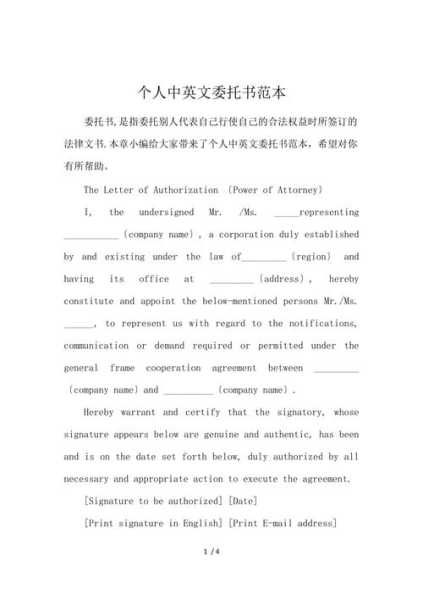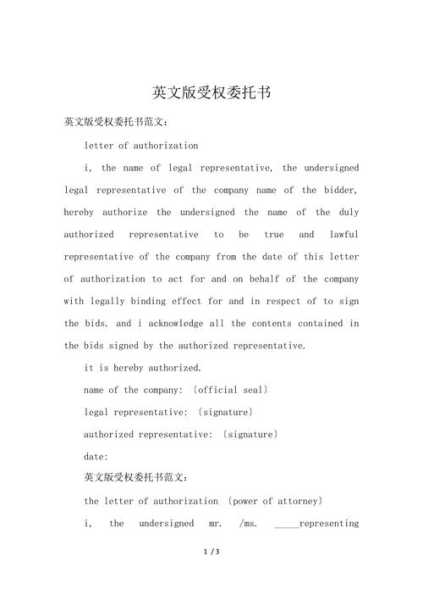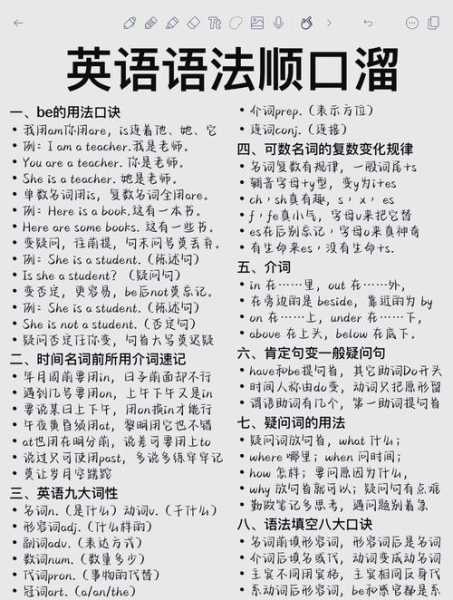This guide comprehensively explores the concept of Personal Power of Attorney, explaining its purpose, types, and importance in English. It provides essential information for individuals and legal professionals seeking to understand and utilize this legal instrument effectively.
Introduction:

In various legal and personal matters, the concept of a personal power of attorney (POA) plays a crucial role. A personal power of attorney is a legal document that grants someone else the authority to act on your behalf in specific situations. This article aims to provide a comprehensive guide to personal power of attorney in English, covering its purpose, types, how to create one, and its importance.
I. What is a Personal Power of Attorney?
A personal power of attorney is a legal instrument that authorizes another person, known as the attorney-in-fact or agent, to act on your behalf. The principal, who is the person granting the authority, must have the legal capacity to do so. The attorney-in-fact must act in the best interest of the principal and adhere to the terms outlined in the POA.
II. Purpose of a Personal Power of Attorney
The primary purpose of a personal power of attorney is to provide a level of security and peace of mind in situations where the principal is unable to manage their own affairs. This can include:
1、Health-related decisions: If the principal is incapacitated due to illness, injury, or old age, the attorney-in-fact can make medical decisions on their behalf.
2、Financial matters: The attorney-in-fact can handle banking, investment, and real estate transactions, among other financial responsibilities.
3、Legal representation: The attorney-in-fact can represent the principal in legal matters, such as contracts, disputes, or litigation.
III. Types of Personal Power of Attorney
There are different types of personal power of attorney, each serving a specific purpose:
1、General Power of Attorney: This type of POA grants broad authority to the attorney-in-fact to handle various matters on the principal's behalf. However, it becomes void upon the principal's incapacity or incapacity due to a specific event, such as a medical emergency.
2、Durable Power of Attorney: A durable POA remains in effect even if the principal becomes incapacitated. This type of POA is particularly useful for long-term planning and ensuring that the principal's affairs are managed effectively in the event of incapacity.
3、Springing Power of Attorney: This POA becomes effective only when a specific event occurs, such as the principal's incapacity or diagnosis of a particular illness. It is often used in conjunction with a durable POA to address immediate needs while providing flexibility for future circumstances.
4、Limited Power of Attorney: This POA grants the attorney-in-fact authority to handle specific tasks or transactions, rather than a broad range of matters. It is suitable for situations where the principal wants to grant limited authority for a particular purpose.
IV. How to Create a Personal Power of Attorney
To create a personal power of attorney, follow these steps:
1、Choose an Attorney-in-Fact: Select a trusted individual who will act in your best interest and has the ability to handle the responsibilities you are delegating.
2、Draft the Document: Use a template or consult with a legal professional to draft the POA. Ensure that the document includes the following elements:
- The principal's full legal name and address
- The attorney-in-fact's full legal name and address
- The scope of authority granted to the attorney-in-fact
- The duration of the POA (if applicable)
- Any specific conditions or limitations on the authority granted
3、Sign the Document: Both the principal and the attorney-in-fact must sign the POA in the presence of a notary public or witness, depending on local laws.
4、Notarize the Document: In some jurisdictions, the POA must be notarized to be legally binding.
5、Store the Document: Keep the original POA in a secure location, such as a safe deposit box or a secure digital storage system. Make copies available to the attorney-in-fact and relevant parties.
V. Importance of a Personal Power of Attorney
A personal power of attorney is an essential tool for estate planning and ensuring that your affairs are managed according to your wishes. Some key benefits include:
1、Avoiding guardianship: By having a POA in place, you can avoid the need for a guardianship proceeding, which can be costly and time-consuming.
2、Protecting assets: A POA allows you to manage your assets effectively, even if you are unable to do so personally. This can help prevent financial exploitation and ensure that your resources are used appropriately.
3、Maintaining control: A POA allows you to maintain control over your affairs by specifying the extent of authority granted to the attorney-in-fact. This ensures that your wishes are respected and followed.
4、Reducing stress: Knowing that your affairs are in capable hands can provide peace of mind, especially in challenging situations such as illness or injury.
Conclusion:
A personal power of attorney is a vital legal document that can provide peace of mind and ensure that your affairs are managed effectively in your absence. By understanding the purpose, types, and creation process of a POA, you can make informed decisions and protect your interests and those of your loved ones. Always consult with a legal professional when drafting and executing a personal power of attorney to ensure its validity and effectiveness.
相关阅读:
1、Ultimate Guide and Template for Drafting English Power of Attorney Documents
2、Essential Expressions and Considerations for Power of Attorney in English
3、Standard Format for Writing a Legal Power of Attorney Letter in English
4、Key Legal Document in Cross-Cultural Communication: The Chinese and English Power of Attorney
5、Comprehensive Guide to Writing a Practical Power of Attorney Template in English
Decoding the Legal Repercussions of Power of Attorney Letters: A Thorough English Guide
Decoding the English Translation of Personal Power of Attorney: A Thorough Guide
Mastering the Art of Power of Attorney Document Creation: A Thorough English Guide
Mastering the Art of Power of Attorney Translation: A Thorough English Tutorial
Decoding the Power of Attorneys Duration: A Thorough English Explanation
Unlocking the Power of Copyright Authorization: A Comprehensive English Guide to Power of Attorney
Romantic Witness: The Unique Love Story of English Couples through Proxy Letters










